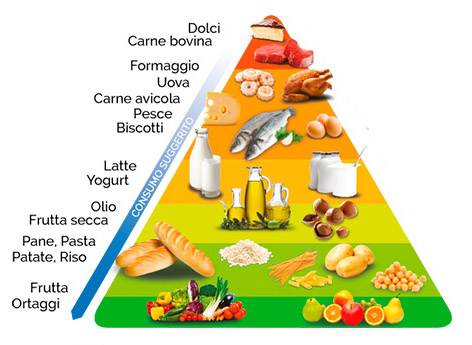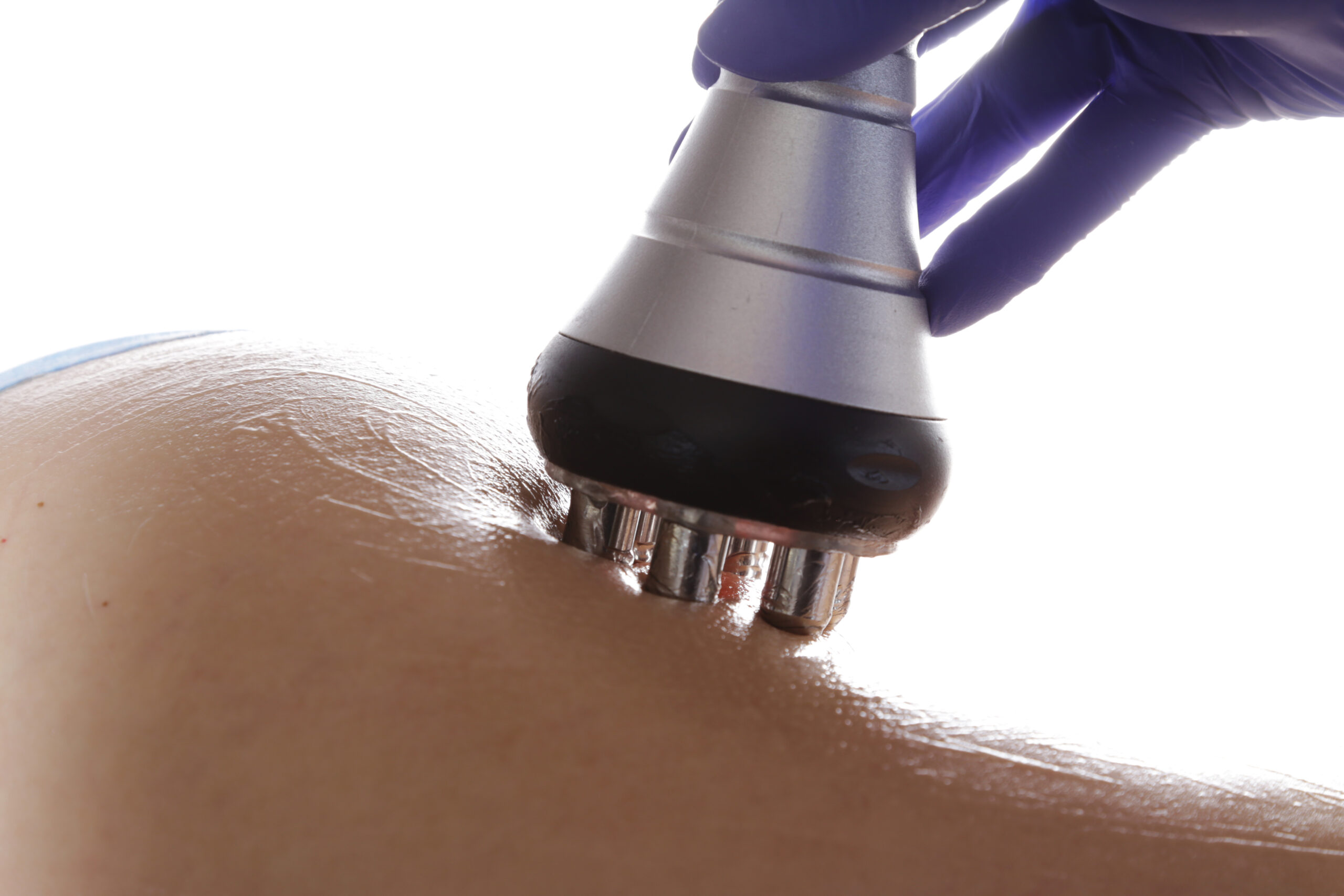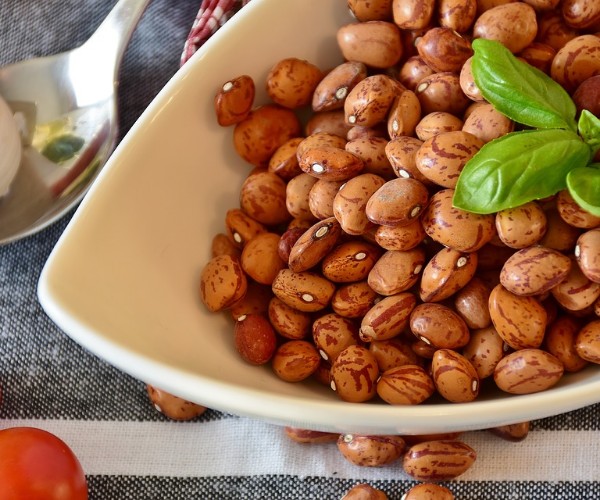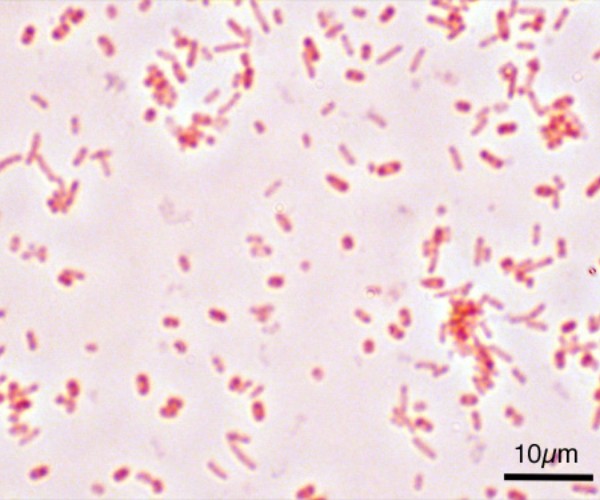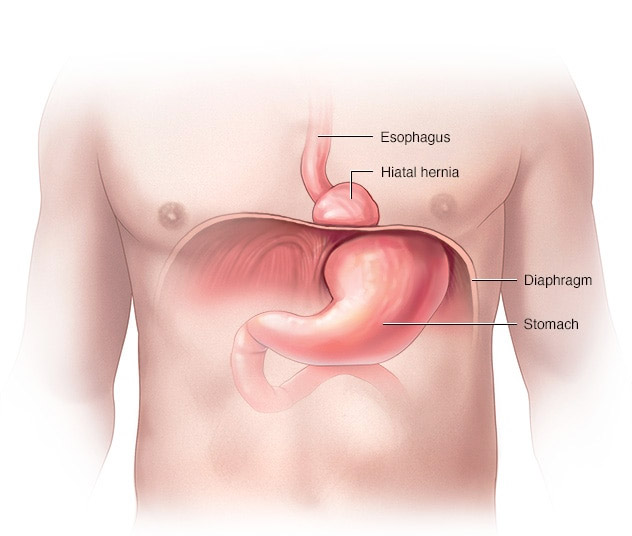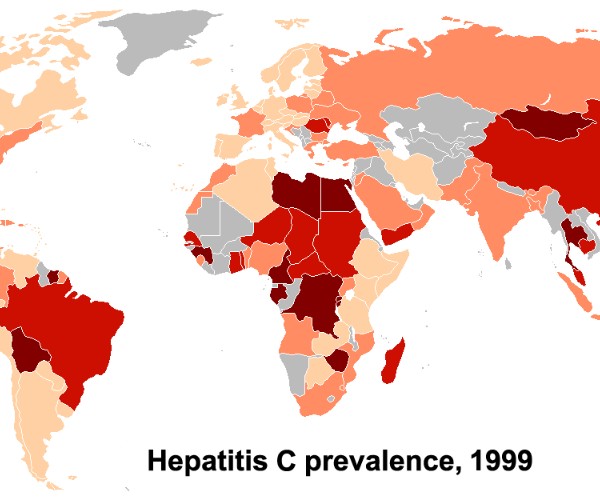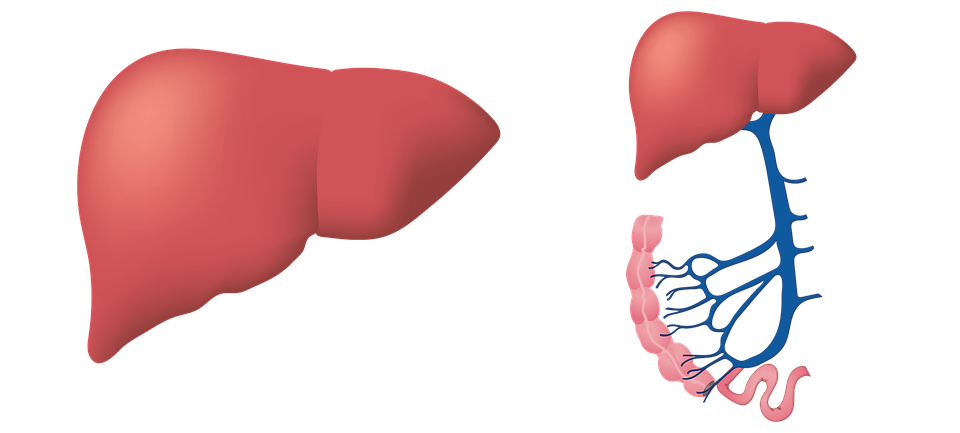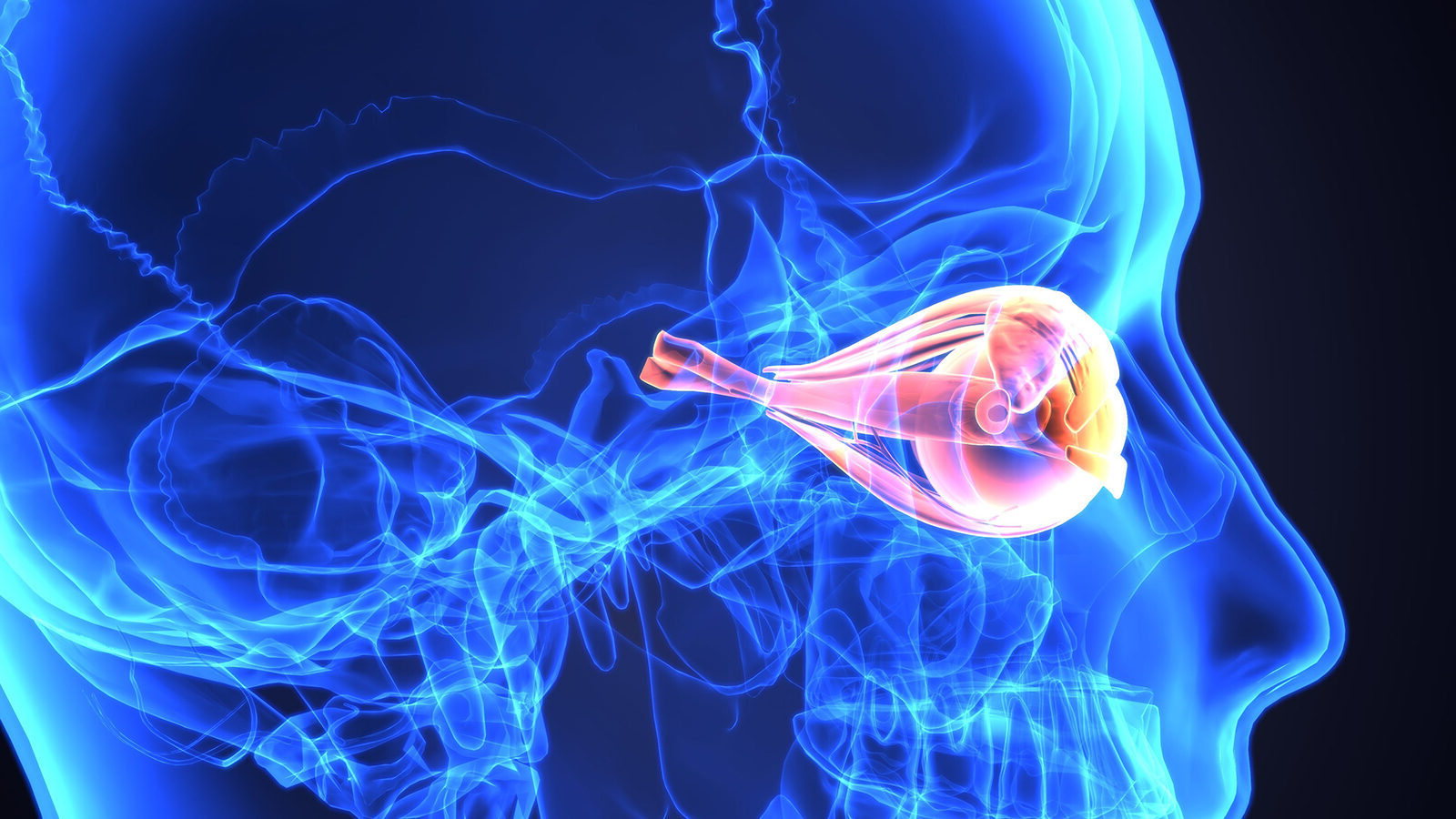Being overweight is never advisable and at the beginning of pregnancy can be a major problem, especially if the excess pounds are numerous. The additional weight gain expected during the nine months can, in fact, lead to critical obstetric-gynecological and metabolic issues for both the mother-to-be and the baby.
In particular, overweight and obesity in pregnancy increase a woman’s risk of developing hypertension (preeclampsia) and gestational diabetes and to overgrow the baby (fetal macrosomia), preventing natural childbirth and increasing the risk of obesity in childhood and adulthood; they also make infectious complications during cesarean section delivery more likely.
To help women who are already overweight at the time of conception to avoid gaining too much weight during the following months, a group of doctors from the North Western University of Chicago (United States) has developed an App smartphone specifically for pregnant women, which can provide nutrition and lifestyle advice, support motivation with targeted messages, and improve control of metabolic parameters.
The use of this App by 140 overweight or obese women from 16 weeks of pregnancy, in the context of the MOMFIT project (Maternal Offspring Metabolics: Family Intervention Trial) funded by the National Institutes of Health Americans, it actually resulted in an average 1.7 kg reduction in weight gain over the next 6 months compared with an equal number of women with comparable initial characteristics (control group).
It may not sound like much, but according to the doctors it is a very good start, especially considering that the women enrolled were evidently very disinclined to eat a healthy diet and engage in physical activity prior to pregnancy, and that the hormonal changes typical of gestation certainly do not help with self-monitoring of food intake or weight loss.
At the heart of the App and the MOMFIT program is the so-called diet DASH (Diet Approach to Stopping Hypertension): a calorie-balanced dietary pattern based on the predominant consumption of vegetables, fruits, whole grains, nuts, fish and other nonfat protein sources and reduced salt and saturated fat, which has already been used for years to combat high blood pressure. In addition, for all of them, the App’s constant invitation to walk for at least 30 minutes or 10,000 steps per day.
“Once triggered, the weight gain that leads to obesity is difficult to reverse,” Prof. Linda Van Horn, coordinator of the study, pointed out. “This App provides an opportunity to defuse it at a stage when the woman is particularly motivated to take care of herself in order to protect the health of the child, and lays the foundation for the subsequent persistent adoption of a healthier lifestyle by the whole family.”
The researchers’ next goal is to understand whether to curb pregnant women’s weight gain through the program MOMFIT can also help reduce the percentage of obese children after age 3-5 (who, according to epidemiological data, remain obese or overweight as adults in more than half of cases).
While waiting for new results, even without having the specific App, it is important for all aspiring mothers with a few extra pounds to agree with their gynecologist and nutritionist on a personalized diet plan simple to follow and not too restrictive, but able to avoid excessive weight gain, and try to move more every day (unless specifically contraindicated).
Source
- Van Horn L et al. Dietary Approaches to Stop Hypertension Diet and Activity to Limit Gestational Weight: Maternal Offspring Metabolics Family Intervention Trial, a Technology Enhanced Randomized Trial. Am J Prev Med 2018; https://www.ajpmonline.org/article/S0749-3797(18)32025-7/abstract
- National Institutes of Health – NIH Clinical Trial(https://clinicaltrials.gov/ct2/show/NCT01631747)




